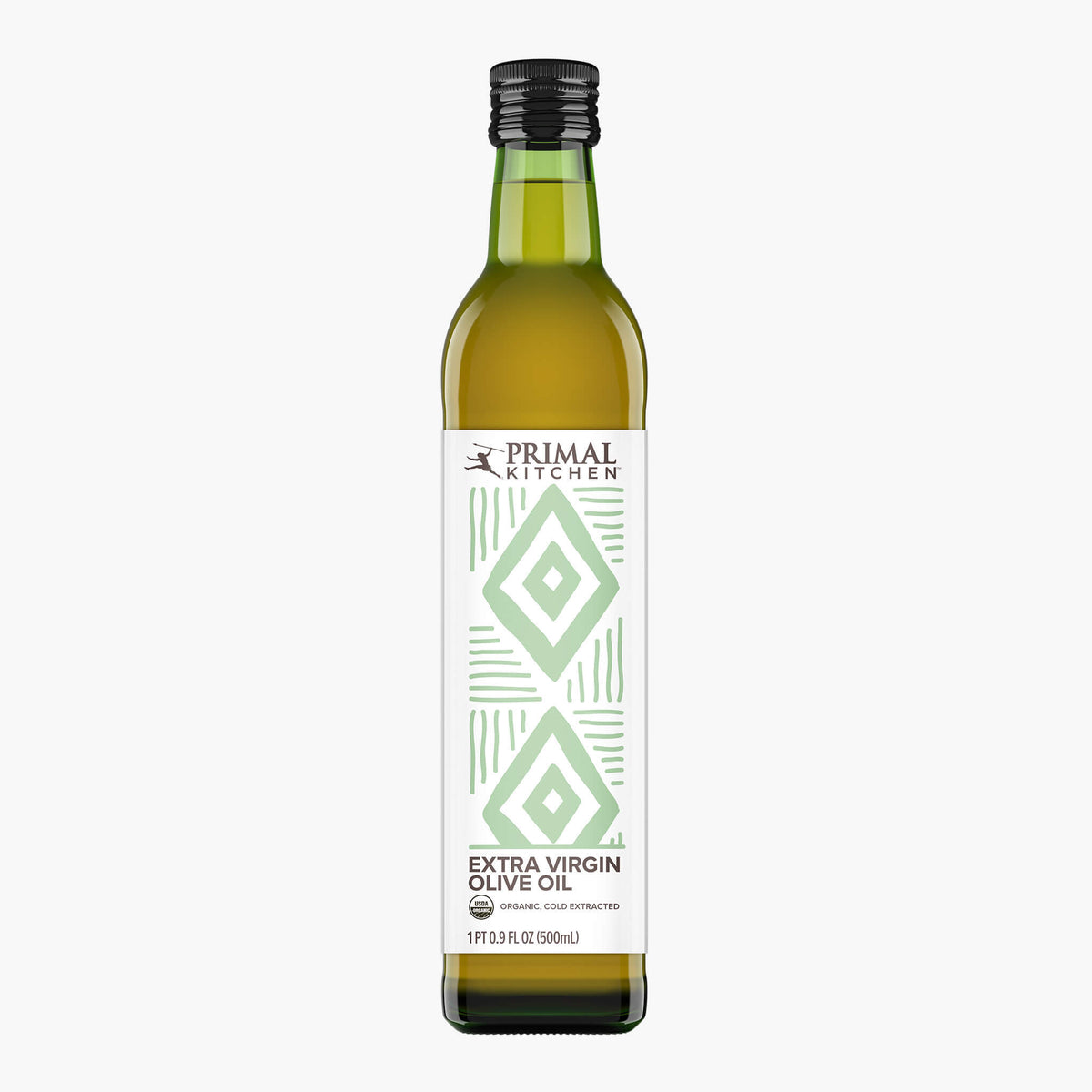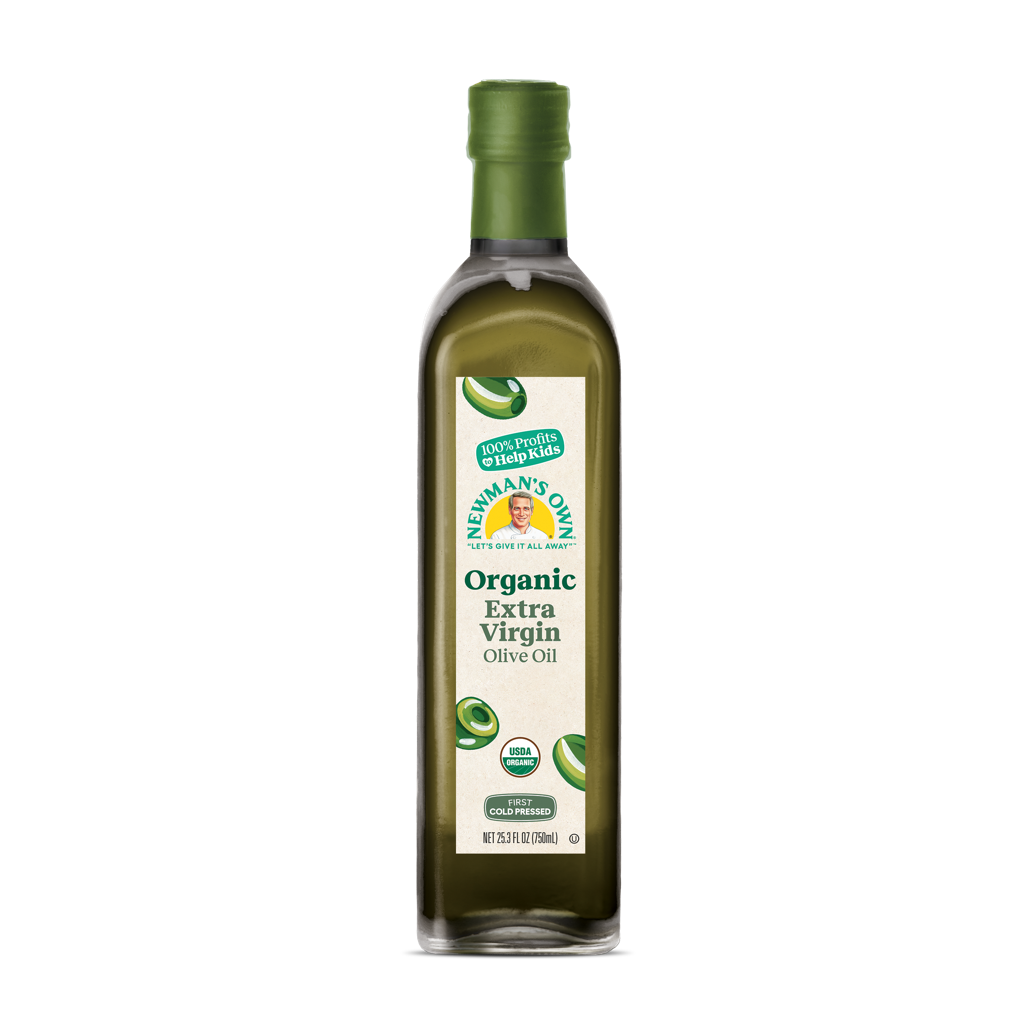Why Extra Virgin Olive Oil Benefits Are a Game-changer for Healthy Cooking
Why Extra Virgin Olive Oil Benefits Are a Game-changer for Healthy Cooking
Blog Article
Discovering the Different Sorts Of Olive Oil and Their Uses, Including Bonus Virgin Olive Oil
The expedition of olive oil includes a varied variety of types, each offering culinary applications and distinctive flavors. Additional virgin olive oil, renowned for its exceptional high quality and wellness benefits, acts as a staple in numerous kitchen areas, yet it is just one aspect of this multifaceted active ingredient. extra virgin olive oil benefits. Other varieties, such as polished and pure olive oils, also warrant focus for their distinct residential or commercial properties and uses. Comprehending these distinctions can dramatically influence both food preparation techniques and flavor accounts. What, then, should one think about when choosing the appropriate olive oil for a particular cooking endeavor?
What Is Olive Oil?
Stemmed from the fruit of the olive tree, olive oil is a staple in Mediterranean cuisine and an essential component in numerous cooking applications. This versatile oil is created by pressing entire olives, resulting in a fluid that differs in flavor, scent, and shade relying on the sort of olives made use of, the area of farming, and the extraction process. Olive oil is predominantly composed of monounsaturated fats, specifically oleic acid, which is recognized for its possible wellness benefits, including anti-inflammatory residential properties and cardio assistance.
In addition to its cooking uses, olive oil has a lengthy background of application in conventional medicine and skin care, owing to its abundant antioxidant material (extra virgin olive oil benefits). The oil is frequently utilized in dressings, marinades, and for cooking approaches such as sautéing and roasting. Its distinctive taste profile can improve the preference of numerous dishes, making it an important ingredient for both home cooks and specialist cooks
Furthermore, olive oil is commemorated for its role in the Mediterranean diet, which is connected with various wellness advantages. As understanding of these benefits expands, olive oil remains to gain popularity worldwide as a fundamental component of a healthy lifestyle.
Types of Olive Oil
Recognizing the numerous kinds of olive oil is essential for both health-conscious consumers and cooking lovers. Olive oil is categorized mostly based on its extraction technique and top quality, which dramatically influences its taste, health and wellness, and fragrance advantages.

Light olive oil, despite its name, describes a lighter taste and not lower calories. It is suitable for those seeking a more subtle preference in dressings and marinates. In addition, there are flavorful olive oils instilled with herbs, spices, or citrus, which can improve recipes without the requirement for added spices.
Each type of olive oil serves specific cooking functions, and understanding these distinctions enables customers to make enlightened choices that line up with their cooking styles and health and wellness objectives.
Extra Virgin Olive Oil
Additional virgin olive oil (EVOO) is widely considered the highest possible high quality olive oil readily available, popular for its abundant taste and numerous health advantages. To be classified as added virgin, the oil should be produced from fresh olives making use of mechanical procedures, without using solvents or extreme warm. This meticulous method preserves the oil's natural flavors, anti-oxidants, and healthy and balanced fats, causing an item with a low level of acidity degree of less than 0.8%.
EVOO is plentiful in monounsaturated fats, particularly oleic acid, which is linked to minimized inflammation and boosted heart health. It also consists of polyphenols, powerful anti-oxidants that might offer safety results versus persistent conditions. The flavor account of EVOO can vary significantly depending on the olive selection and region of manufacturing, ranging from verdant and fruity to robust and sharp.
:max_bytes(150000):strip_icc()/evoo-7c819bcdd0c343a7bae114cbc9baea2f.jpg)
Culinary Utilizes of Olive Oil

In food preparation, olive oil can be utilized for sautéing, roasting, and grilling, giving a healthier option to butter or various other fats. Its high smoke point makes it ideal for different cooking approaches, while its antioxidants add to a heart-healthy diet. Drizzling olive oil over ended up meals, such as pasta, fish, or grilled vegetables, can boost tastes and include a touch of sophistication.
Moreover, olive oil plays a significant role in baking, where it can change traditional fats in recipes for bread and pastries, imparting dampness and a subtle preference. It also serves as a base for instilled oils, permitting cooks to explore flavors such as garlic, herbs, or chili, better broadening its cooking possibility. Generally, olive oil's convenience makes it vital in both home and specialist cooking areas.
Finding High Quality Olive Oil
When selecting high quality olive oil, it's necessary to consider several essential factors that affect the item's taste, wellness, and fragrance benefits. First and primary, choose extra virgin olive oil (EVOO), which is stemmed from the first chilly pushing of olives and contains the highest degrees of anti-oxidants and helpful substances. Seek oils that are licensed by recognized companies, as this often makes certain adherence to stringent top quality criteria.
The packaging also plays a substantial role in preserving the oil's honesty. Choose oils saved in dark glass bottles or tins to safeguard versus light destruction. Take notice of the harvest day; fresher oils supply premium flavor and nutritional value, so pick items that are within 18 months of their harvest.
In enhancement, think about the origin of the oil. Top notch olive oils frequently originate from certain regions understood for their distinctive taste accounts, such as Italian, Spanish, or Greek oils. Lastly, understand the taste; a top quality olive oil should have a balance of fruity, bitter, and sharp notes, suggesting look at here its splendor and intricacy. By evaluating these factors, you can guarantee you are selecting the very best olive oil for your cooking needs.
Conclusion
In summary, the expedition of numerous kinds of olive oil exposes distinct characteristics and applications, with added virgin olive oil representing the pinnacle of top quality as a result of its low acidity and high antioxidant web content. Its adaptability in culinary uses enhances tastes in dressings, sauces, and sprinkles. Comprehending the different varieties of olive oil enables informed selections in food preparation approaches, promoting healthier methods while enriching the overall gastronomic experience. Quality option remains essential for optimum benefits.
Obtained from the fruit of the olive tree, olive oil is a staple in Mediterranean cuisine and a crucial ingredient in various culinary applications.The most common types of olive oil include refined olive oil, pure olive oil, and light olive oil.Additional virgin olive oil (EVOO) is widely pertained to as the greatest quality olive oil readily available, celebrated for its rich taste and numerous health and wellness advantages. Decide for extra virgin olive oil (EVOO), which is obtained from the very first chilly pushing of olives and has the highest degrees of antioxidants and helpful substances.In recap, the expedition of different types of olive oil exposes distinct attributes and applications, with additional virgin olive oil representing the pinnacle of high quality due to its reduced level of acidity and high antioxidant content.
Report this page